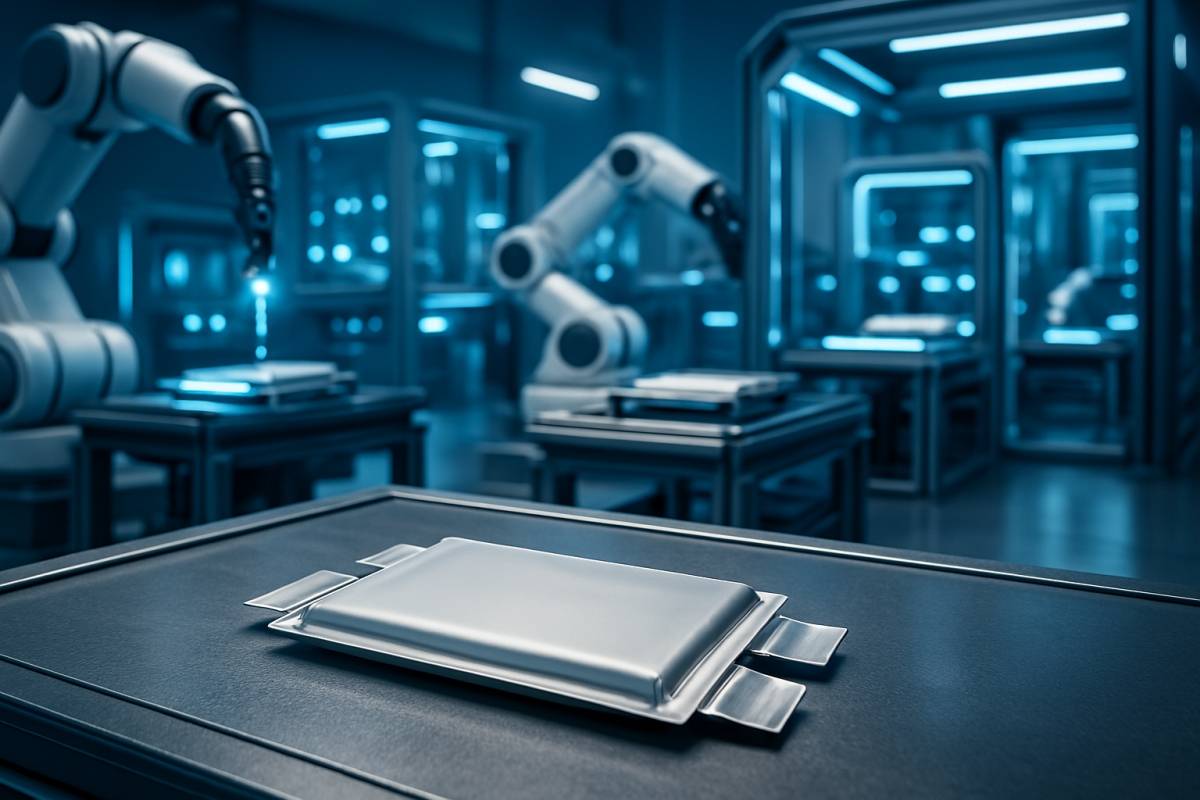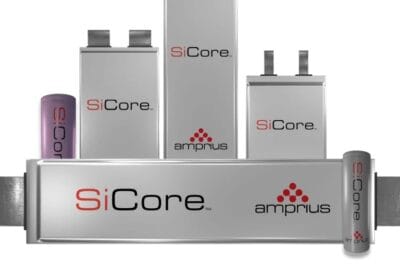European research project to create battery development platform
The FULL-MAP project (FULLy integrated, autonomous & chemistry agnostic Materials Acceleration Platform for sustainable batteries) is funded under the European research program Horizon Europe, and involves over 30 partner institutions from research, industry and technology development, including leading universities, companies and research centres from across Europe. The Free University of Brussels (Vrije Universiteit Brussel) is coordinating the project, which launched in February 2025, and will run for a period of four years. The Austrian Institute of Technology also plays a central role and will contribute its “expertise in the areas of data management, modelling, simulation and digitalization.”
According to the initiators, the platform is to reflect, digitalise and automate the entire battery development process from material development to the finished cell and cell testing. Through the use of artificial intelligence, machine learning, automated synthesis and high-throughput characterisation, battery development is to be raised to a new technological level.
The research project will take a holistic approach to the entire battery development process, from material discovery to the deployment of next-generation batteries, and has tasked itself with the aim of “drastically” reducing the time needed for this process.
FULL-MAP lists a number of key objectives for its project, starting with the establishment of an interoperable data framework “for the structured collection, use and reuse of information on battery materials and interfaces,” which will then be coupled with a series of adaptable design and simulation tools that use artificial intelligence and machine learning methods to derive suitable material structures and configurations.
This will not be the end of the machine-supported development, as the project will also explore the further development of “analysis methods and automation of high-throughput characterisation modules and technologies,” which is to help battery development by providing fast, reliable and scalable analysis of battery materials and interfaces. At this point, the process then moves to the physical world, but will be accompanied by “AI-controlled autonomous synthesis robots,” which will be developed to synthesise, test and further develop new materials via data-driven iterations. Specifically, the project aims to improve prediction accuracy by 25 per cent, and material property prediction by 40 per cent, compared to traditional methods.
Finally, the developments are to be used to strengthen the European research and innovation system and market positioning of the EU in the field of batteries through international cooperation and knowledge dissemination.
“With FULL-MAP, we are initiating a new era in battery development. By closely linking data, simulation and AI, we are creating a research infrastructure that radically accelerates the discovery and optimization of battery materials,” explained AIT expert Emina Hadzialic regarding the strategic importance of the project, adding: “Together with our partners, we are actively shaping the future of energy storage – sustainably, efficiently and at the cutting edge of technology.”





0 Comments